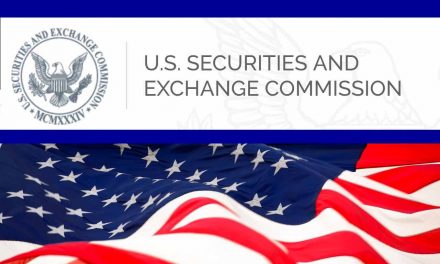Today Bloomberg reported on the growing but chaotic approach to cryptocurrency regulations which are being taken by various national governments. The growth of both the number of cryptocurrencies and the market value of the largest currencies have woken up governments who had previously taken a very hands-off approach.
The responses have covered all degrees of action, from strict crackdowns, to milder controls and regulations, to very little action at all, to fully embracing the technology.
Examples include China which has cracked down hard by forbidding its trading and use. India which seems to be ratcheting up their controls and a possible ban is in the future. Korea which is increasing regulations but will probably not ban the currency. Japan which is embracing the currency with fewer controls. Switzerland which is fully embracing it and wants to be the first digital currency nation. And the US, as well as many other countries, which are still mulling what to do.
The apparent reasons for these actions are many but they were all easily ignored in previous years when cryptocurrencies were just a small blip on the financial radar. But that is no longer the case. Now with massive interest and massive investments in cryptocurrencies, governments can no longer sit back and watch.
The traditional brick-and-mortar banking institutions are also taking their own actions which are impacting the price and trading of cryptocurrencies. Many banking executives are declaring that cryptocurrencies have no value and are scams. Others are banning their customers from using their credit cards to make currency purchases.
All this recent government and banking focus and actions are considered to be the cause of the recent massive drop in the prices of most cryptocurrencies. But the lack of regulatory consistency may also be what has kept prices from dropping even further.
The next major global effort to discuss the status, impact, and regulation of cryptocurrencies may happen when the G20 Finance ministers meet in March of this year. Will they all agree to crack down further? Or will they decide that sensible regulations are enough? That is the $64,000 question.
Read the full article in Bloomberg here





